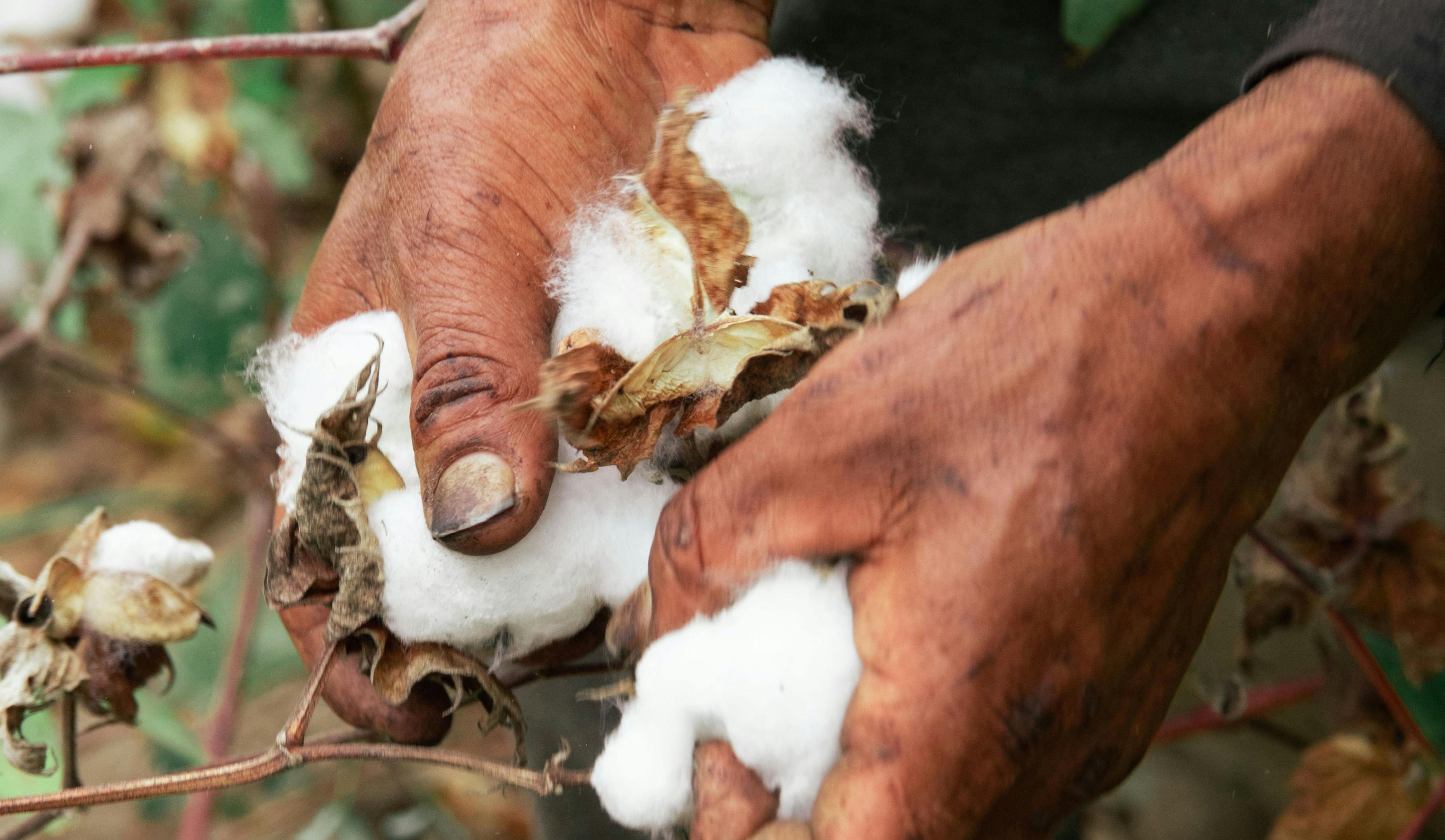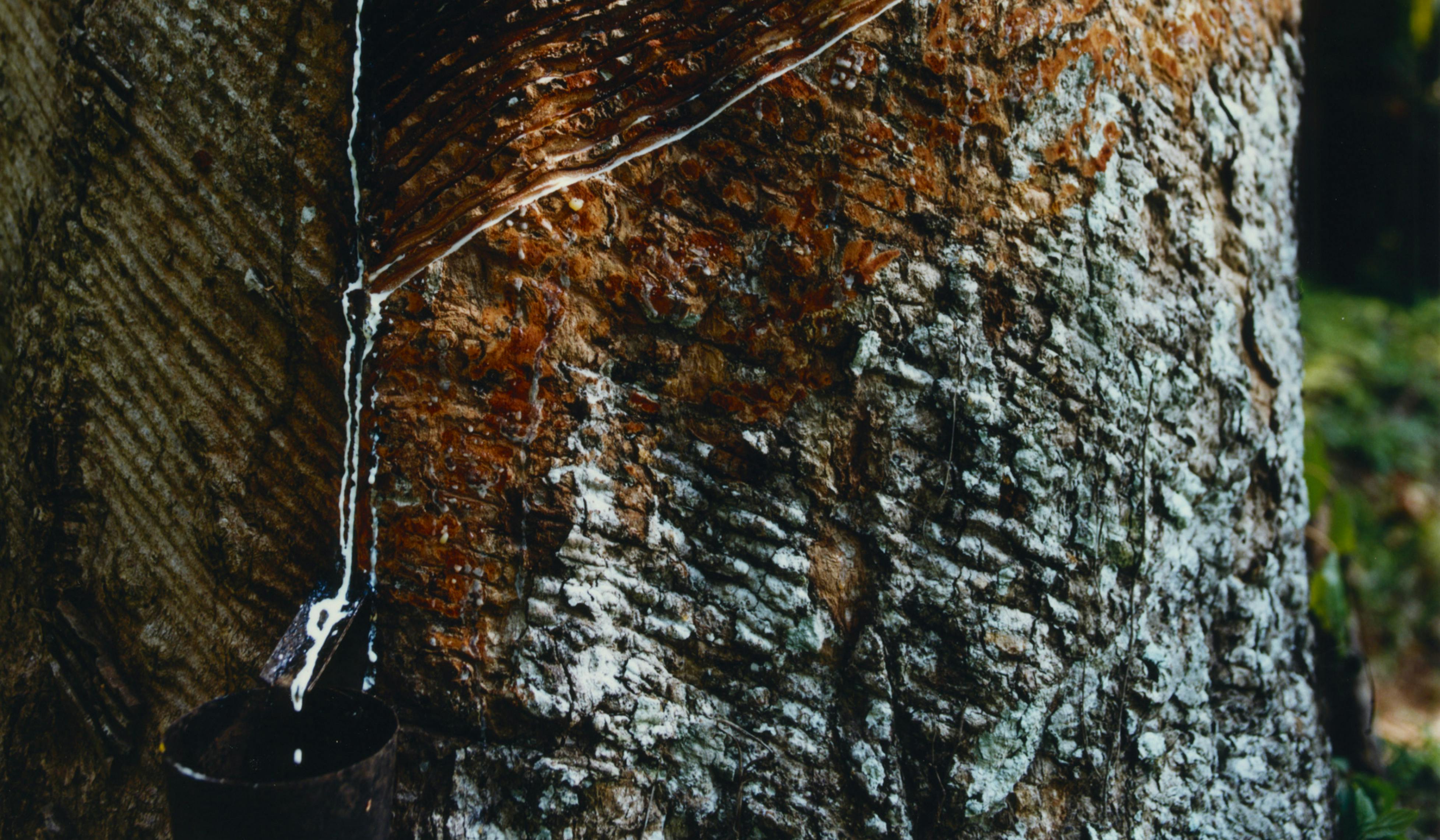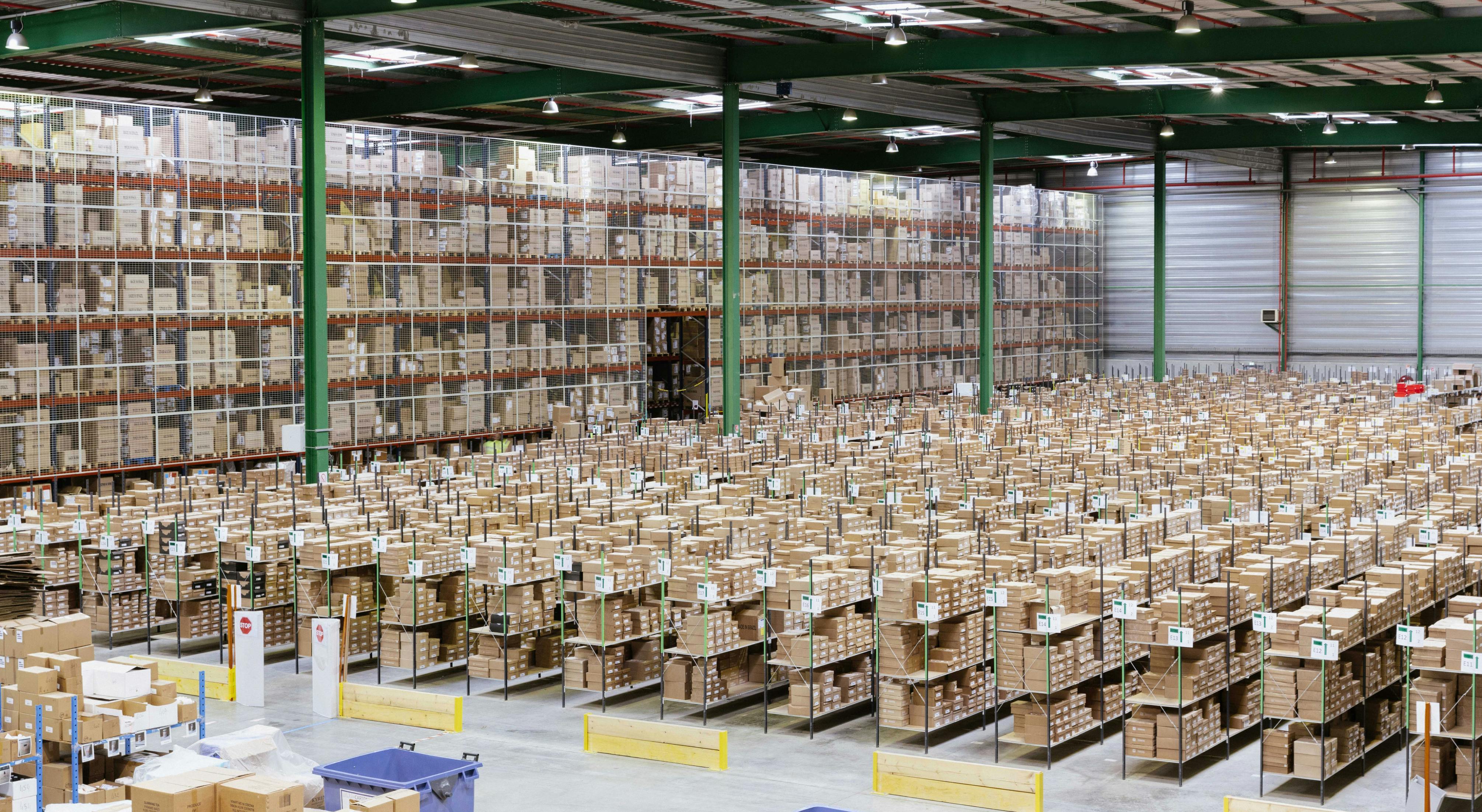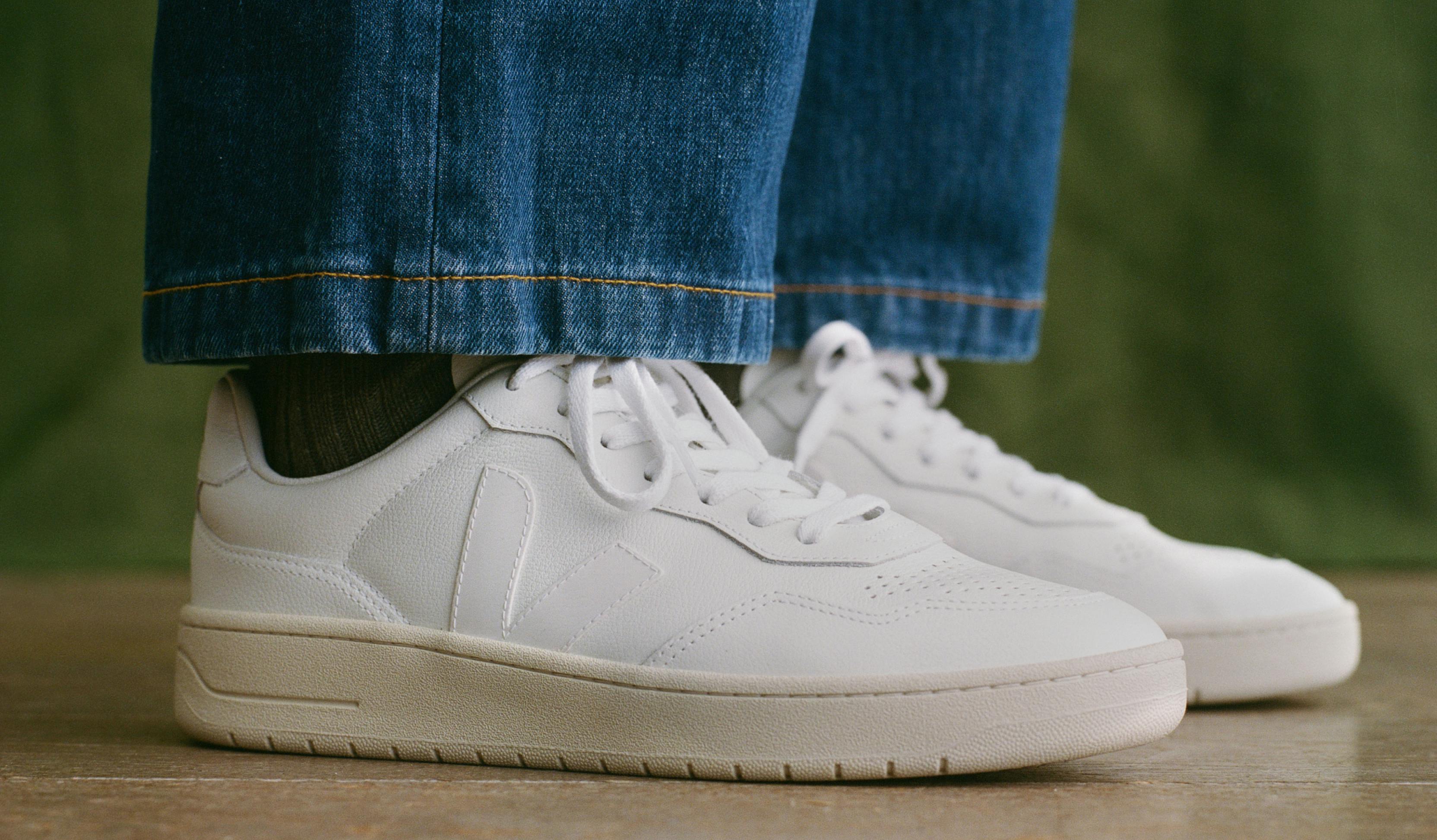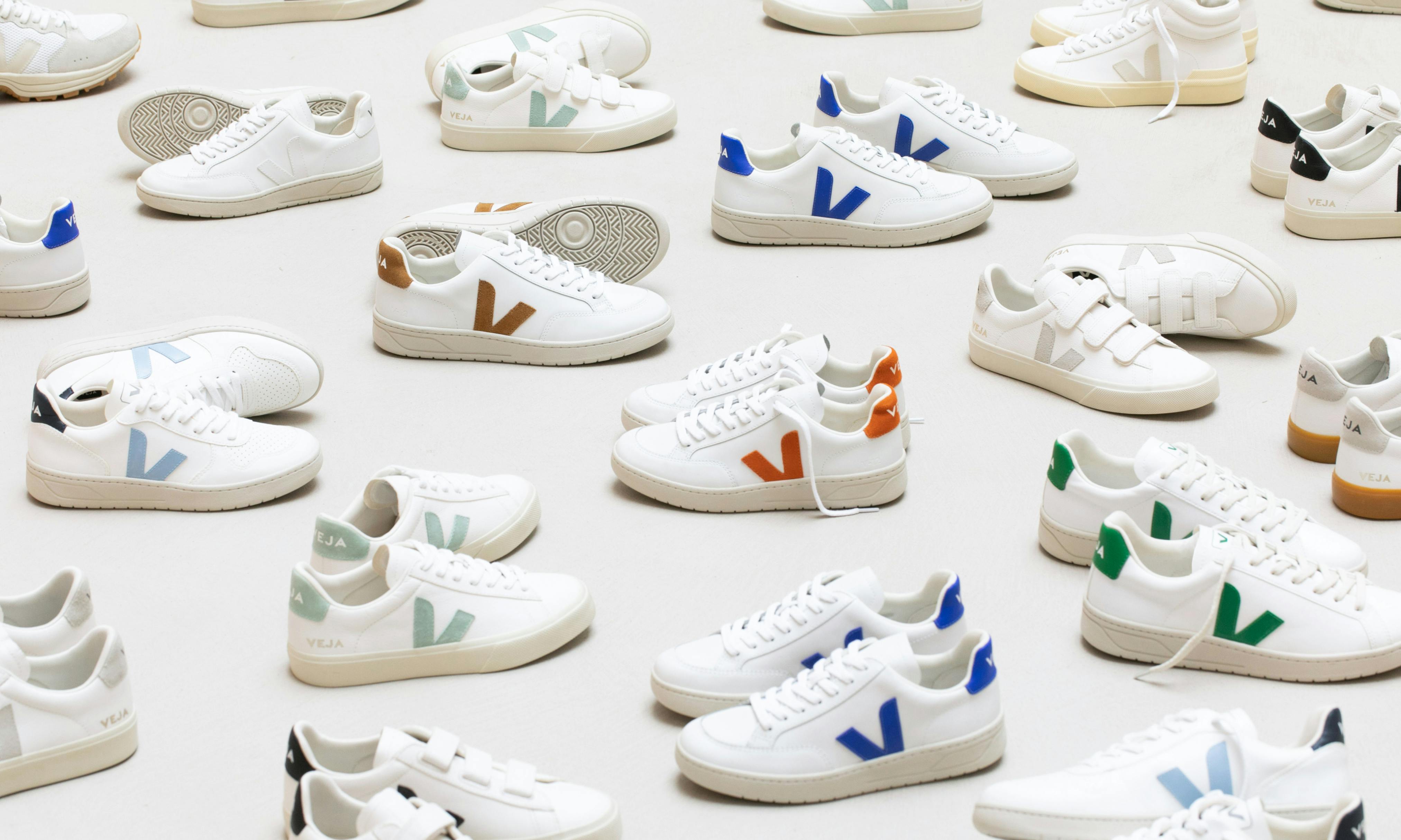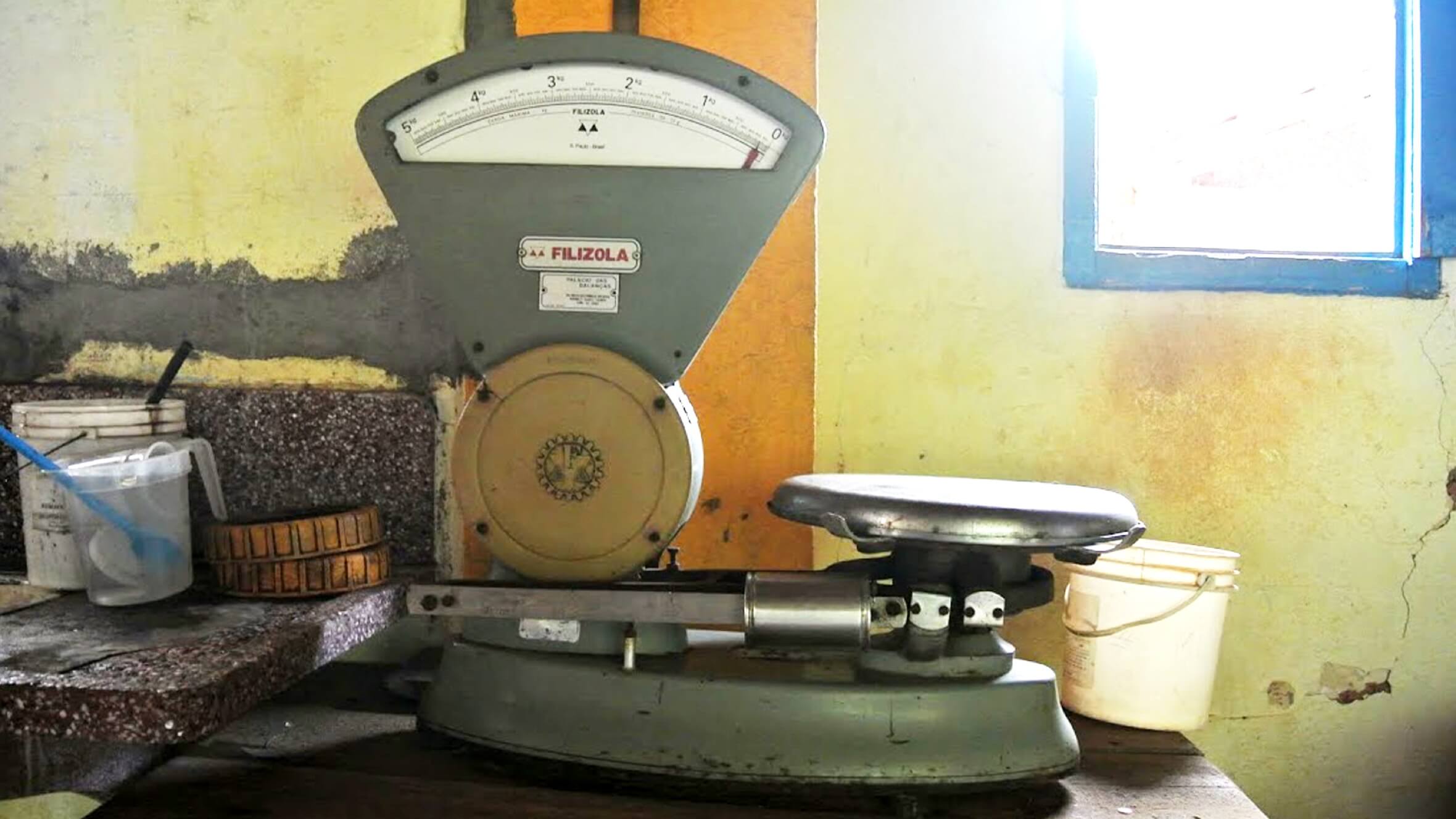
FairTrade
Restoring
balance in global trade
Fair trade is one of the three fundamental pillars VEJA is build on. Cotton and rubber are purchased directly from producers in Brazil and Peru. We sign 1-year contracts with them and set a market-decorrelated price. It's one of the ways to ensure more equitable and dignified commercial transactions.
Since our first trip to Brazil, we have created strong commercial bonds with our different partners, based on dialog, transparency and respect. It was when we were working for Alter Eco and Tristan Lecomte in 2003 that we decided to start VEJA.
The goal: to forge a new path where exchanges between producers and consumers become more balanced.
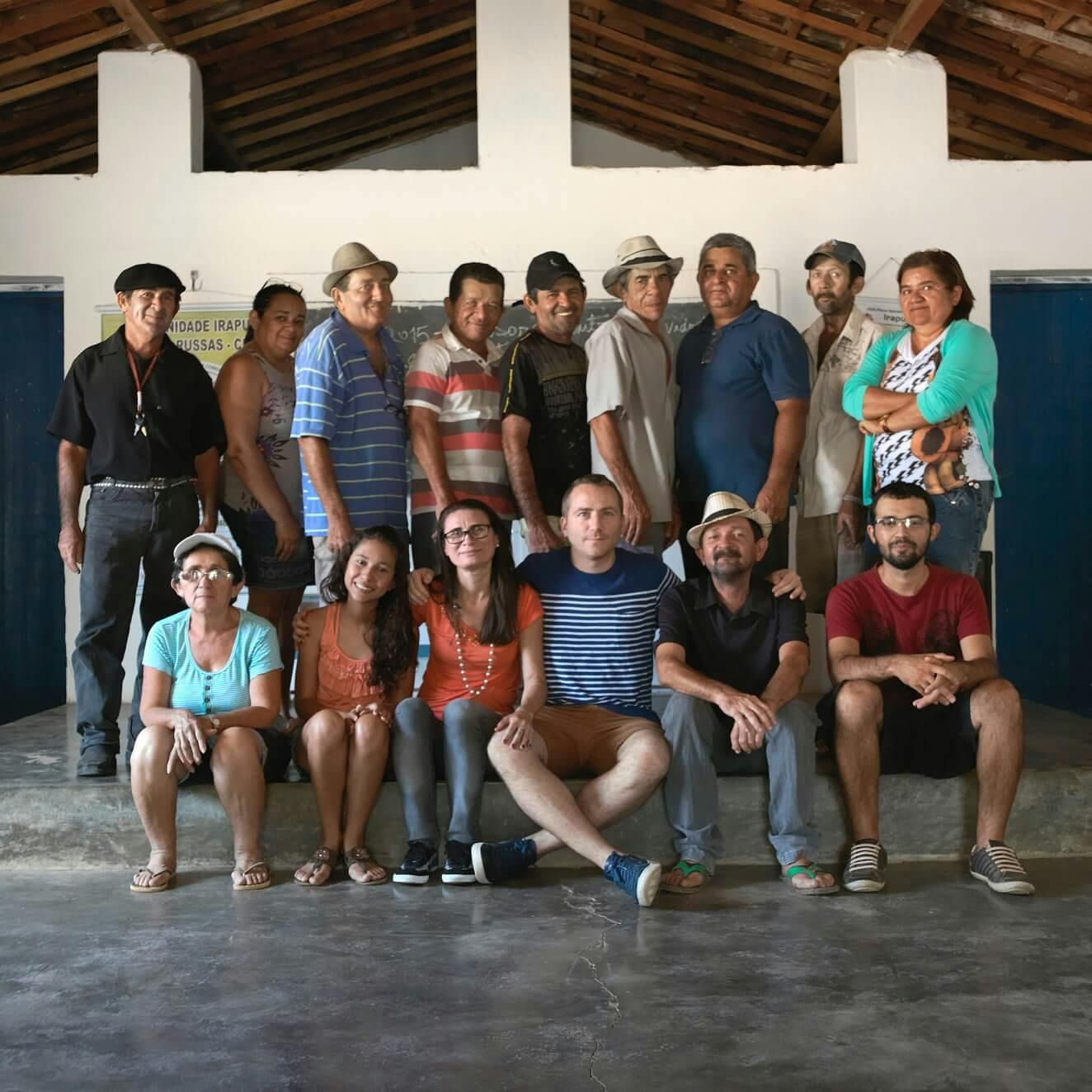
Meeting with cotton producers
Ceará
© Ludovic Carème, 2016
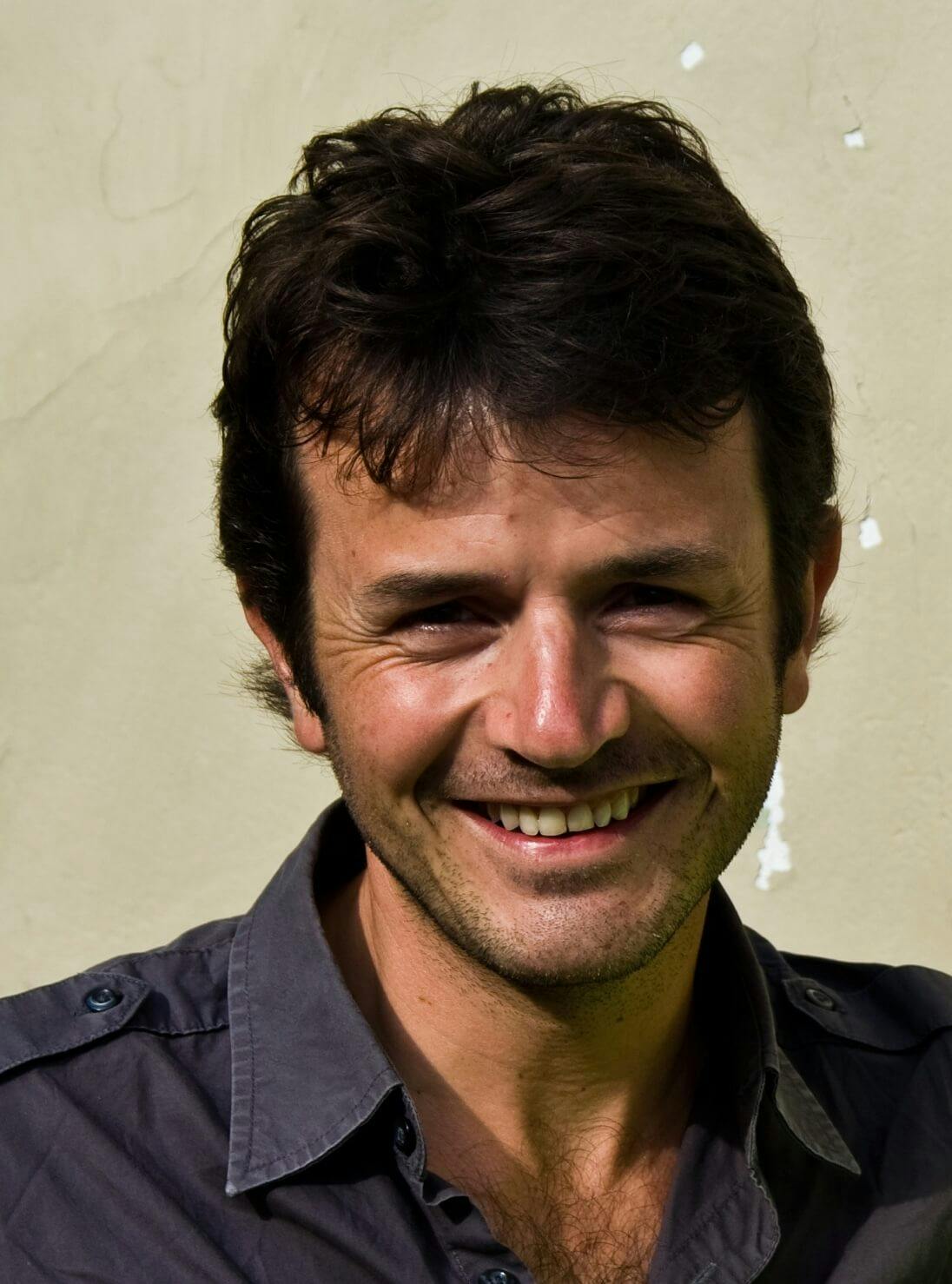
Tristan Lecomte
Pioneer of fair trade in France
© Photographer unknown
« I'm convinced that today, consumption habits have a far greater impact on the standard of living of other citizens than voting ballots. »
 tweet this quote
tweet this quote 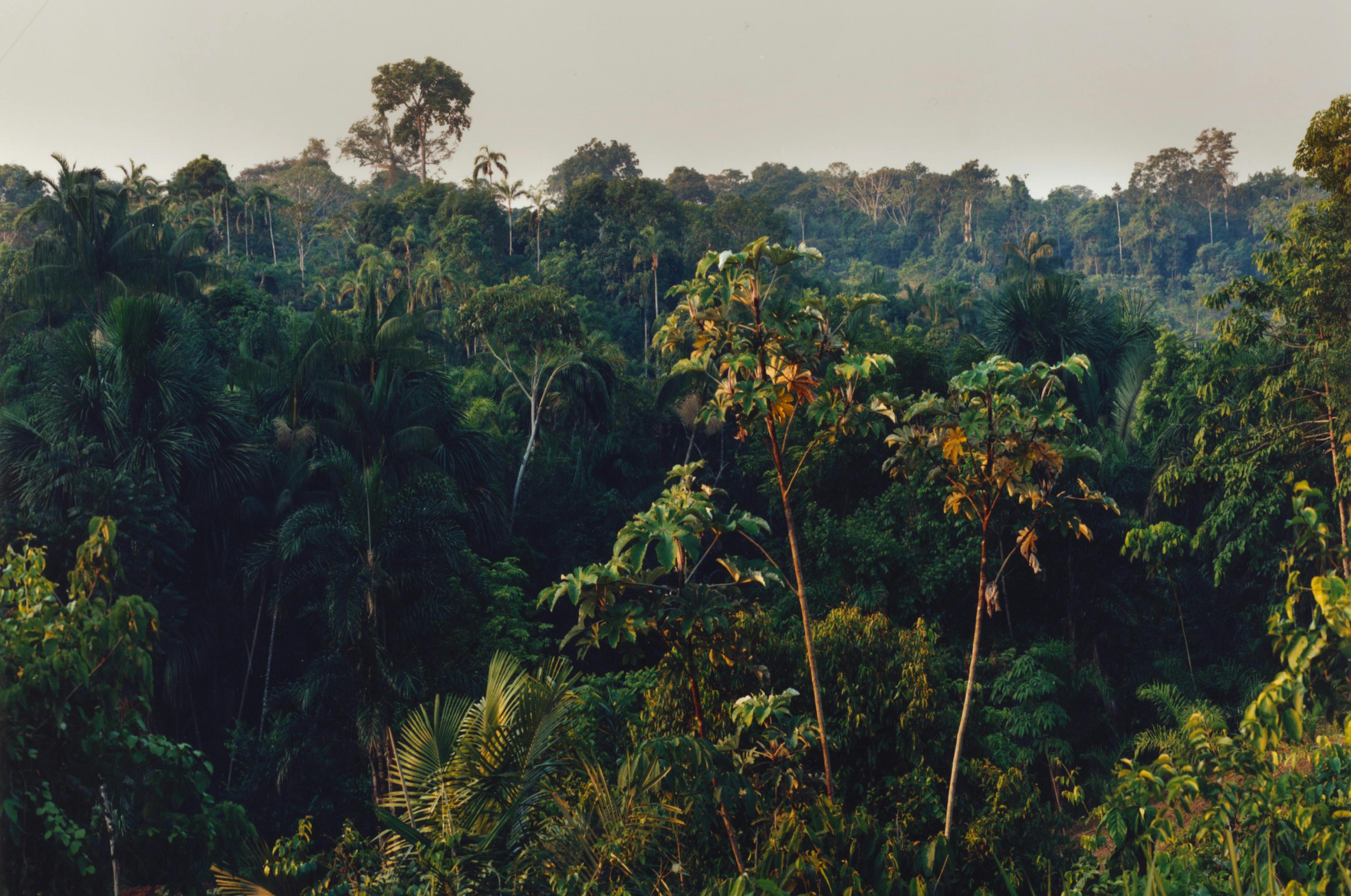
What does fair trade mean in real-world situations?
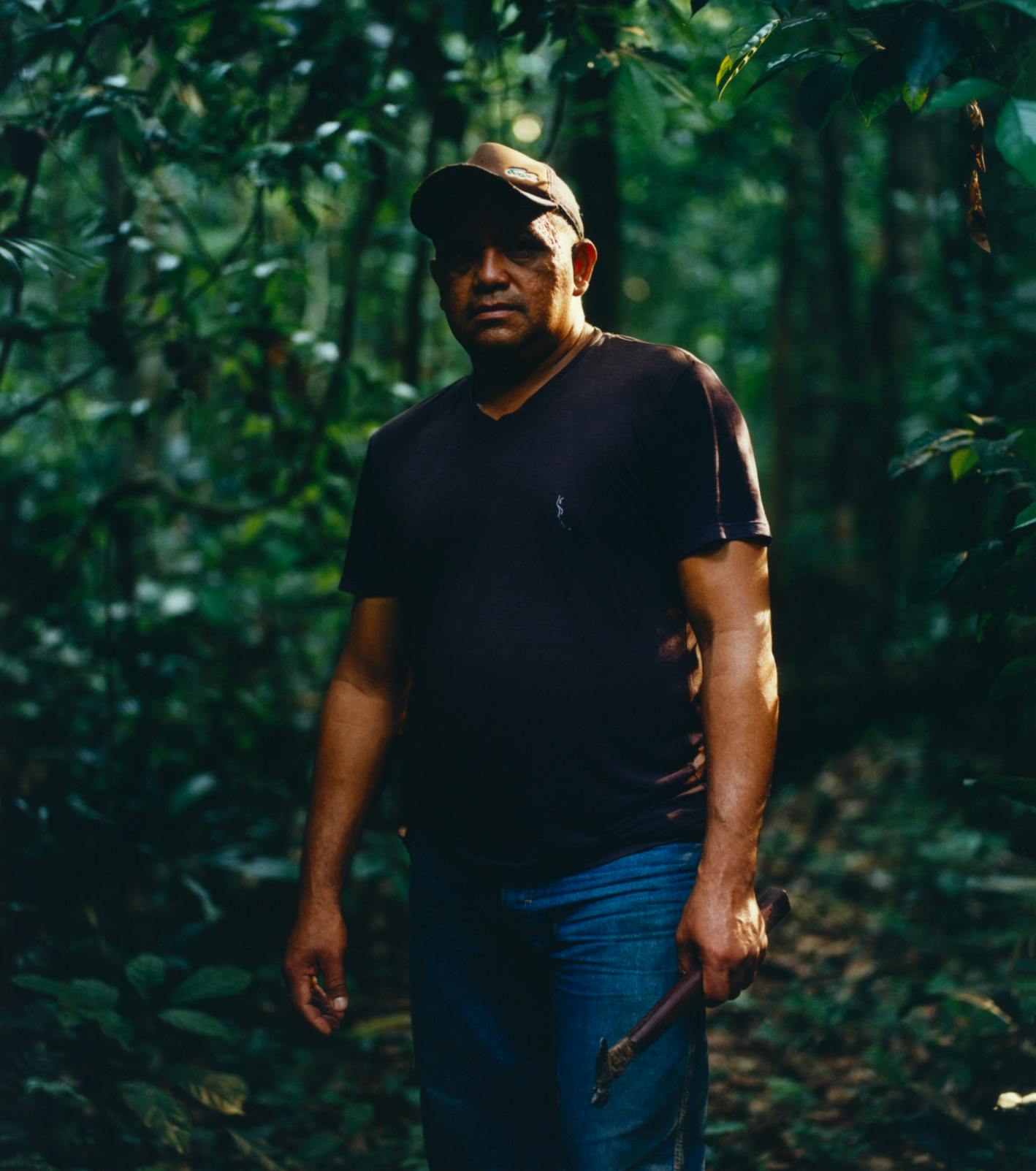
Rubber producer
© Ludovic Carème
For VEJA, it means working directly with producers and thus cutting out the middleman. It also means pre-financing harvests as much as 50%. In other words, we buy organic cotton a year before it's transformed into sneakers.
At the beginning of the year we agree on the price of cotton signing an annual contract with the producers. That way, the producers know how much they will earn from the harvest before planting a single seed.
We also set a market-decorrelated price per kilo of organic cotton or rubber to make sure producers can live decently and reinvest in their farm.
We increase producer income.
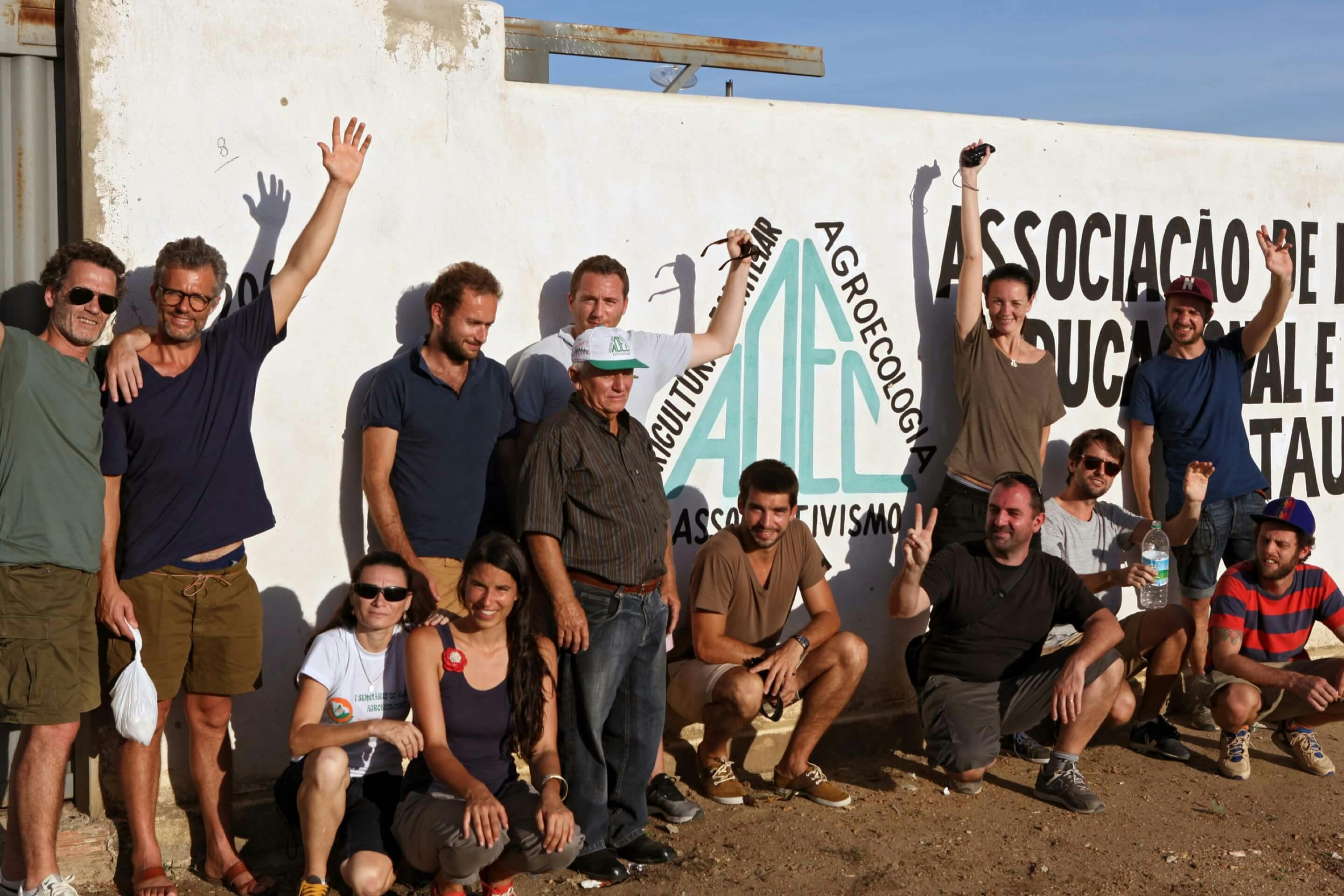
Trip to Brazil with clients in 2011 and meeting with producers
People's Rag,Prive Joke,Mood and The Next Door.
« I'm convinced that today, consumption habits have a far greater impact on the standard of living of other citizens than voting ballots. »
 tweet this quote
tweet this quote In 2024, VEJA paid 29.59 R$ per kilo of cotton, nearly 3 times more than the market price.
In 2021, we paid 18.72 R$ per kilo of cotton and 17.94 R$ in 2020.
The price of organic cotton is predetermined with the producers. VEJA establishes a two-year contract guaranteeing the purchase of their organic cotton at a pre-set price. This provides visibility for the producers across the next 2 or 3 harvests, avoiding a major issue in global agriculture: when a producer plants a cotton seed, they don't know the selling price per kilo of cotton from that seed.
These prices include a premium for the producers and associations to implement more agroecological and regenerative practices.
Evolution of the organic cotton price
(R$/KG per year)
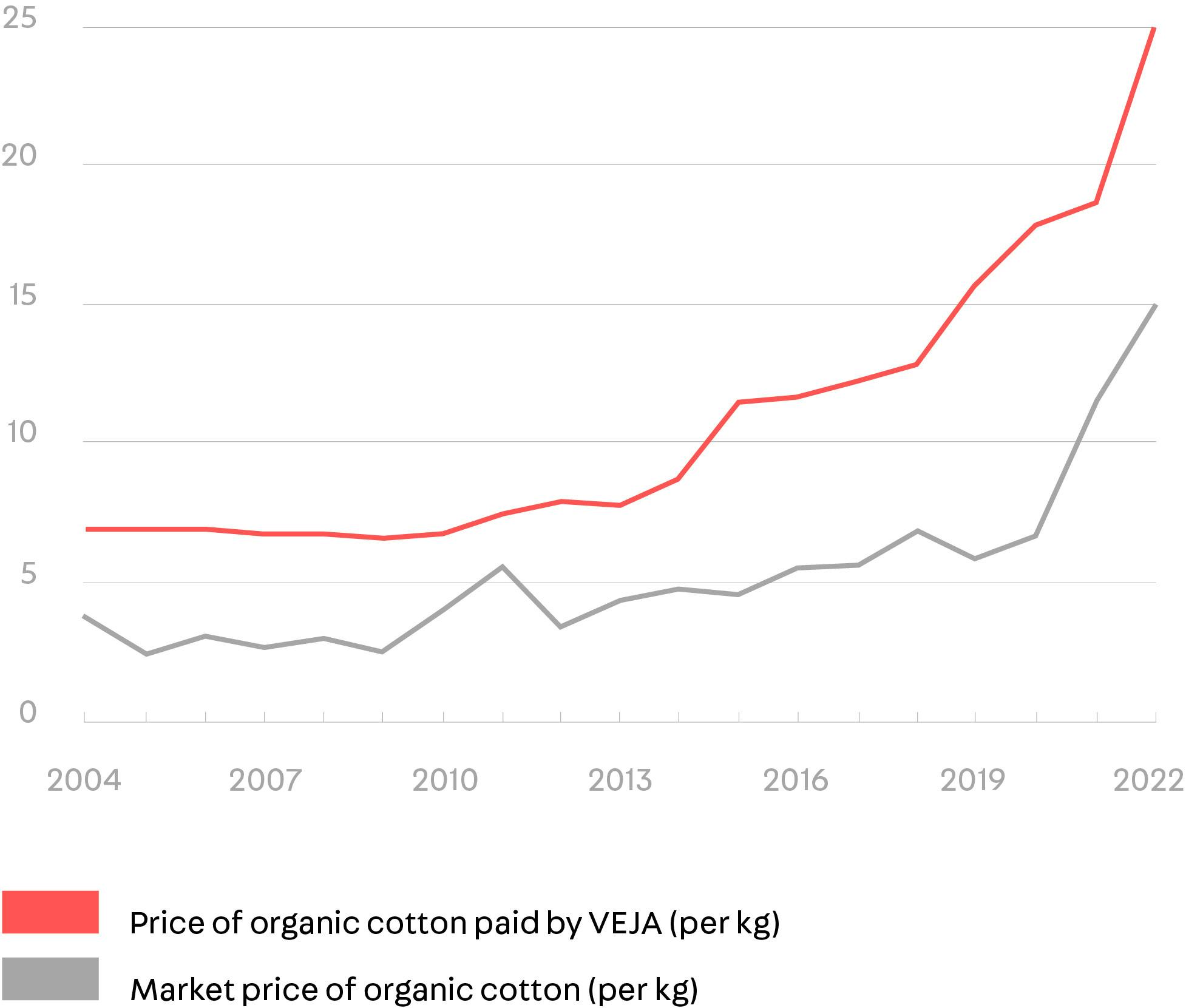
@Studio VEJA



